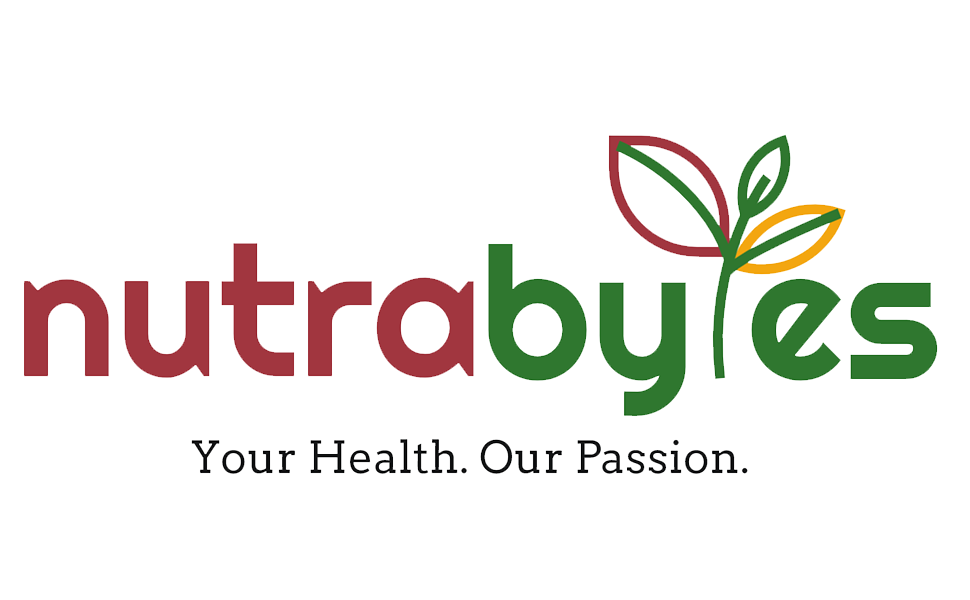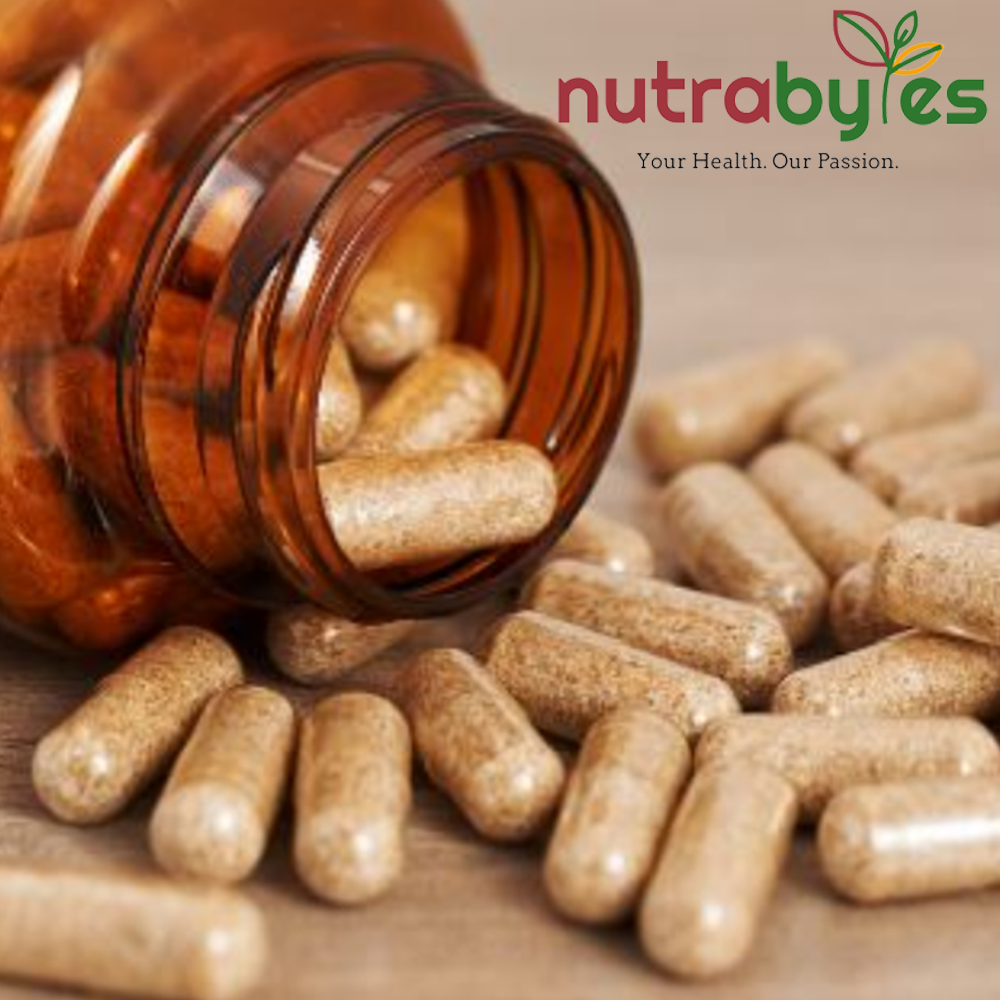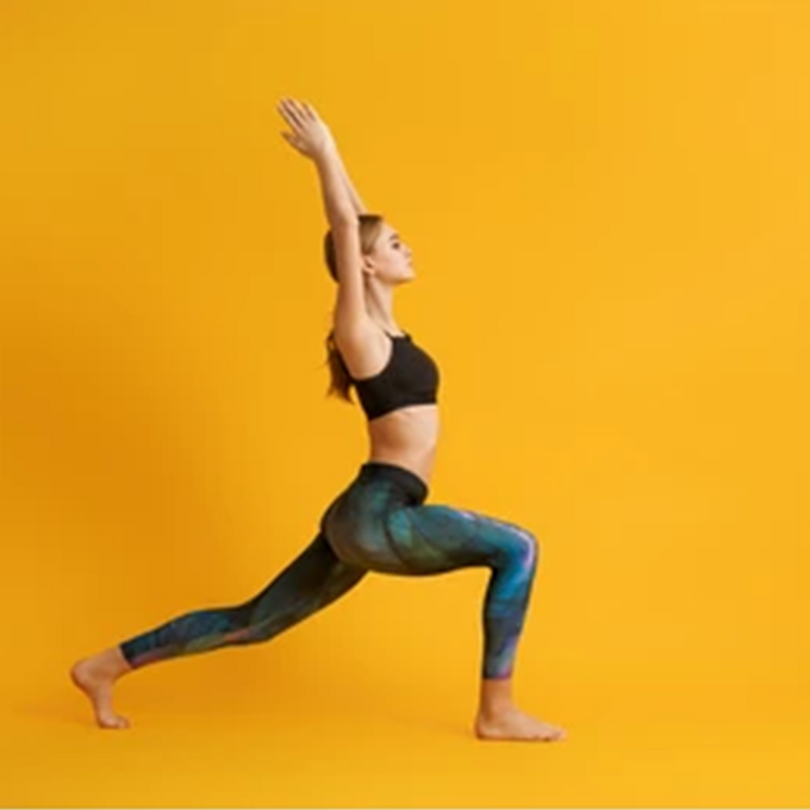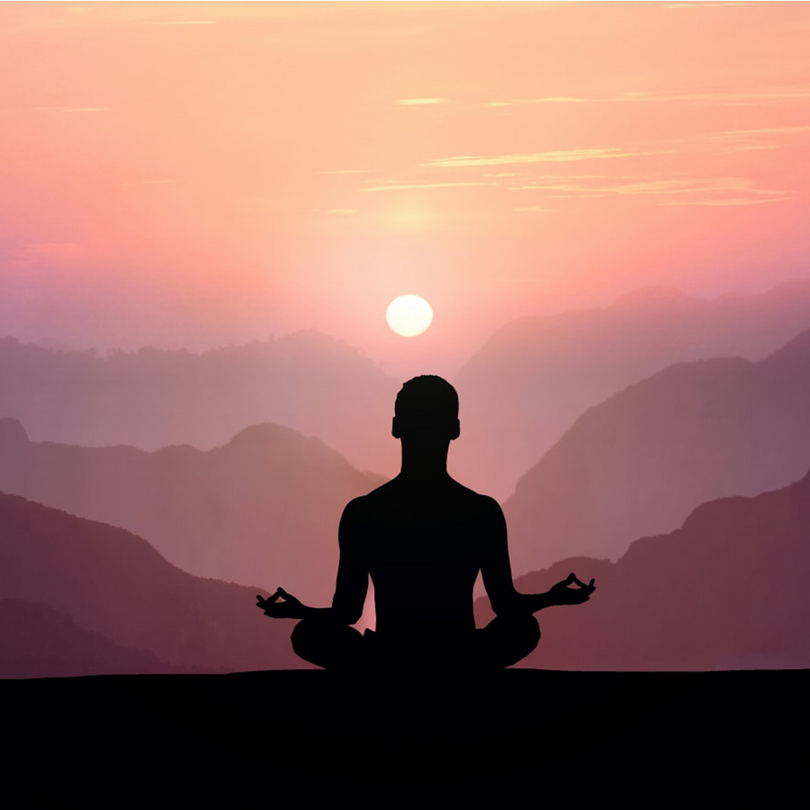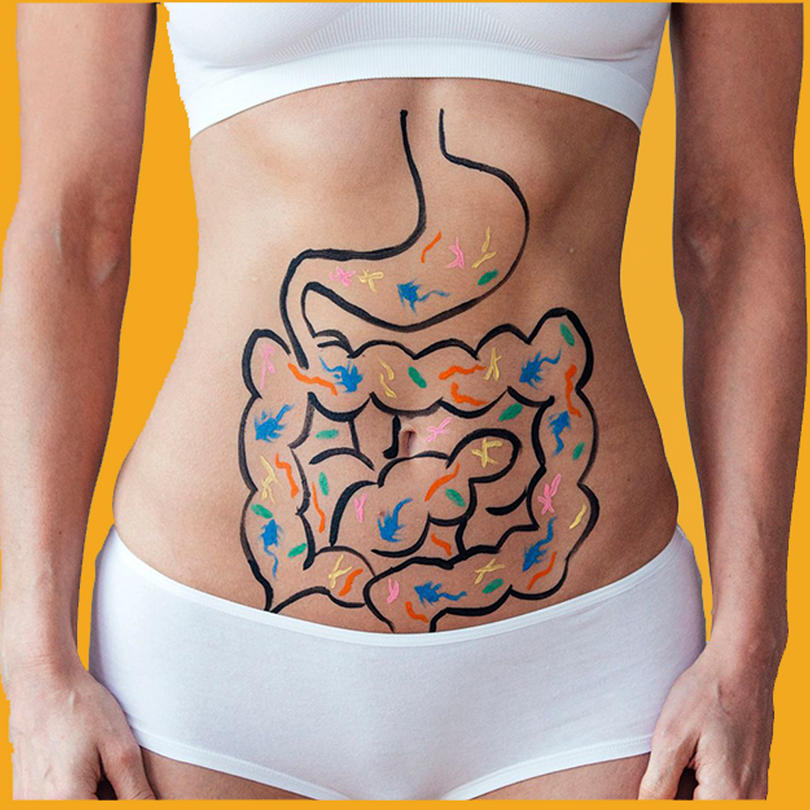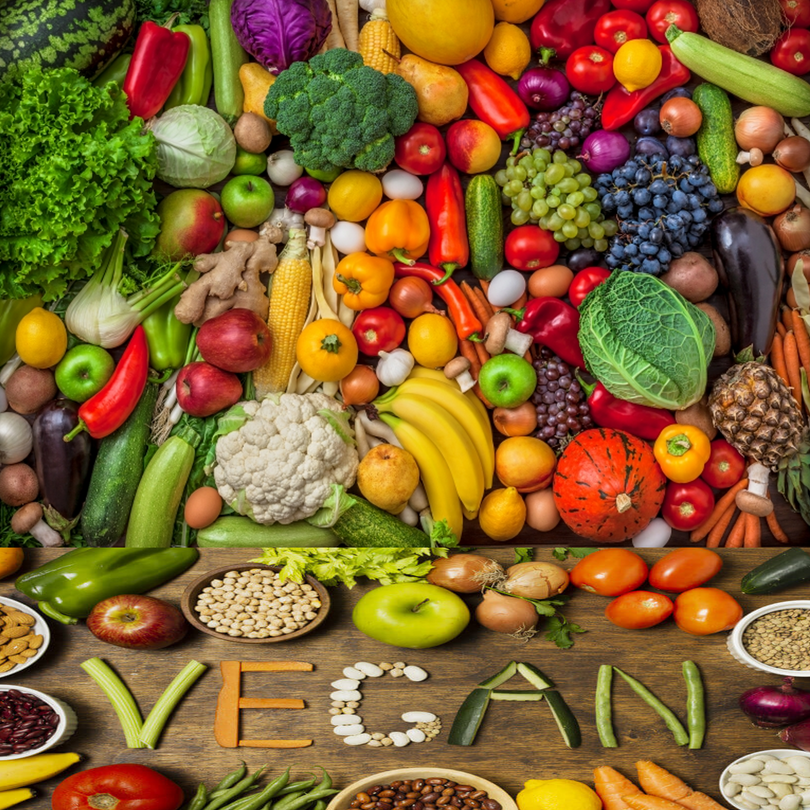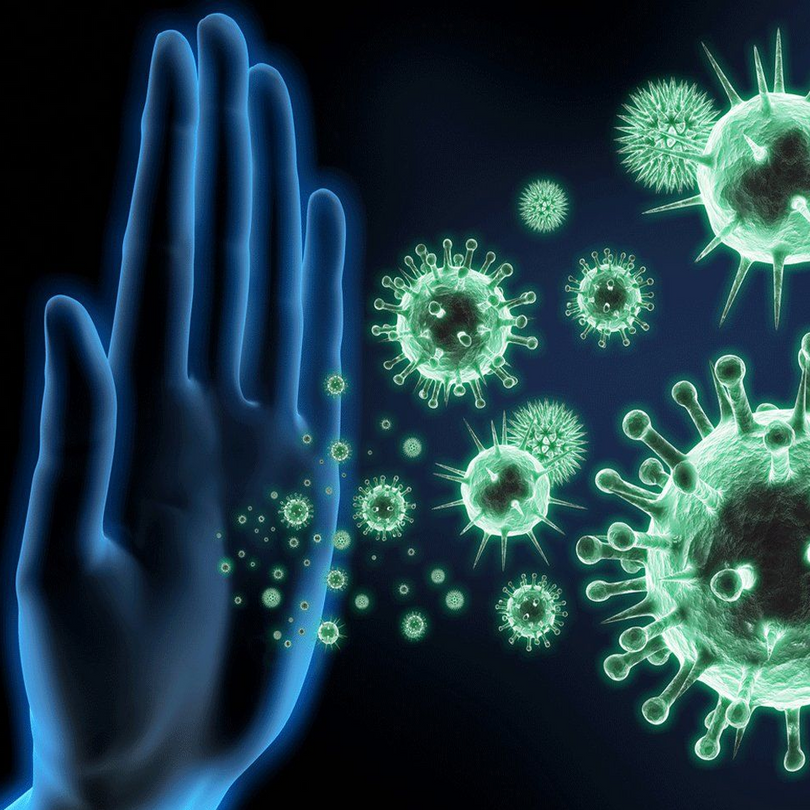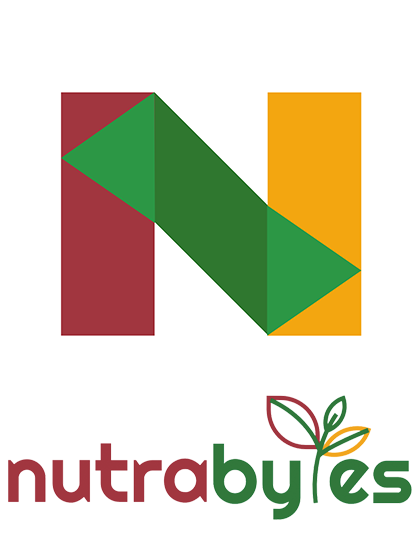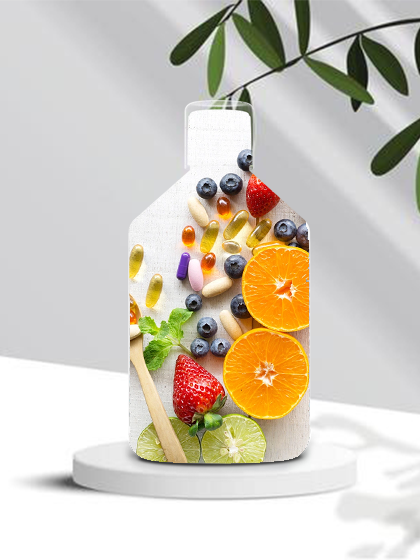There is no denying that a plant-based lifestyle will leave you glowing. A balanced vegan diet can provide everything that the body needs to thrive, but unfortunately, with new agriculture methods and other manufacturing processes, plants aren't as nutrient-dense as they once were. That's where multivitamins come in.

Multivitamins should be seen as a means to boost your health and not as a replacement to a wholefoods diet, however.
Regardless, most multivitamin supplements as they contain animal products with ingredients such as fish oil in Omega-3 or gelatine in gummies or capsules.
We spoke to nutritionist expert and founder of Eat Nourish and Glow, Jess Shand, who shared the benefits of taking supplements and why a vegan whole food diet isn't always enough to bridge the nutrient gaps.
Taking supplements is not designed to replace real food and is not a magic solution to better health,' Jess tells us. 'However, the bottom line is that sadly our food is just not as nutrient-dense as we believe it to be and as it once was.
'This is due to a number of factors, including intense farming techniques, nutrient-depleted soil making it less fertile and the over-use of pesticides and fertilisers. There are also hormone-disrupting pesticides in our fruit and vegetables. Even when it comes to organic versions (which are better in terms of toxin exposure), they're still not quite as nutrient-dense as we'd expect them to be.'

So despite our efforts to cook up a beautifully balanced wholefood meal due to modern agriculture techniques, we are still unable to get enough essential minerals and vitamins to allow our bodies and minds to thrive and reach their full potential.
Jess also says to keep in mind that when you are taking regular medication such as antibiotics or have consistently high-stress levels, this can also play a part in how effectively our bodies store, absorb, and retain nutrients from our food.
However, of course, it's not all doom and gloom. If you are exercising, taking time for yourself and eating a nutrient-dense diet and still feel low energy, multivitamins and supplements are an affordable and accessible way to give you that extra boost.

Some ingredients to look out for in supplements:
• Vitamin C boosts collagen production in the skin and is essential when it comes to supporting immunity.
• Vitamin B12 plays an important role in red blood cell formation, cell metabolism, nerve function and the production of DNA.
• Zinc is clinically proven to help maintain healthy and strong skin, hair and nails and due to its anti-inflammatory effects, zinc is especially beneficial for inflammatory skin conditions.
• Vitamin D is so essential that your body makes it by itself -- but only after skin exposure to sufficient sunlight. Your body also needs vitamin D to absorb calcium and promote bone growth.
• Vitamin B7 (Biotin): which has been medically proven to help improve hair growth and skin texture.
• Selenium helps prevent damage to cells it stops free radical damage before premature wrinkles have a chance to form. It also helps to protect cell membranes against UV damage, inflammation and pigmentation.
• Vitamin A is scientifically proven to support healthy skin and hair as well as boosting your body’s natural immune defences.
• Vitamin E to protect cells from oxidative stress from blue light and pollution.
So are you keen to boost your energy? Shop our pick of the best vegan multivitamins made from quality ingredients that will help support a plant-based diet.

How do I know what vitamins and minerals I am deficient in?
If you have no gauge of where your vitamin and mineral levels are, it is resourceful to get a test, so you are not taking a stab in the dark and taking supplements that may not be doing anything for you.
For anyone wishing to improve their health or are interested in knowing what's happening in their body. The Organic Pharmacy offers a health assessment using A BioEnergetic device and homoeopathic consultation to provide insight into any imbalances in the body, what to investigate further and homoeopathic remedies and supplements for your emotional and physical health.
The Health Assessment With Quantum/EIS (£160) is an effective way of monitoring health treatments and a tool for interpreting the results of various tests and health checks. This device scans the body in three minutes and offers profiles on vitamin and mineral deficiencies, organ function, hormone balance, viruses, bacteria, fungus, parasites, digestive disorders, stress and food intolerances.
All results are available immediately, and a personalised programme is recommended so you can target your health goals efficiently.
What vitamin is most essential for vegans to take?
Dr Miriam Adebibe a wellness doctor, a clinical fellow in bariatrics and the co-founder of skin clinic, Victor & Garth, explained to Grazia why it’s so important to make sure you’re getting the right vitamins if you’re vegan. Especially B12, which it’s thought that at least 40% of us are deficient in - especially if you are vegetarian or vegan as B12 is obtained by the body through animal protein.
'I think of Vitamin B as a youth vitamin’, Dr Mariam tells us. 'It’s required by every single cell in the body to divide and multiply, which means that if your cells are deficient in B12, every cell will multiply in a deficient state, and therefore produce further deficient cells.'
If you are lacking energy or feeling a little low these are common signs of a vitamin B12 deficiency that are easily be attributed to other factors. 'Vitamin B12, deficiency can wreak havoc with the body - if you’re deficient in B12, your cells will renew in a deficient state, resulting in new skin cells that are also deficient. Not only does vitamin B benefit the body and immune system, but it also increases mood, energy, metabolism, plus it provides better focus and supports healthy hair skin and nails.'
